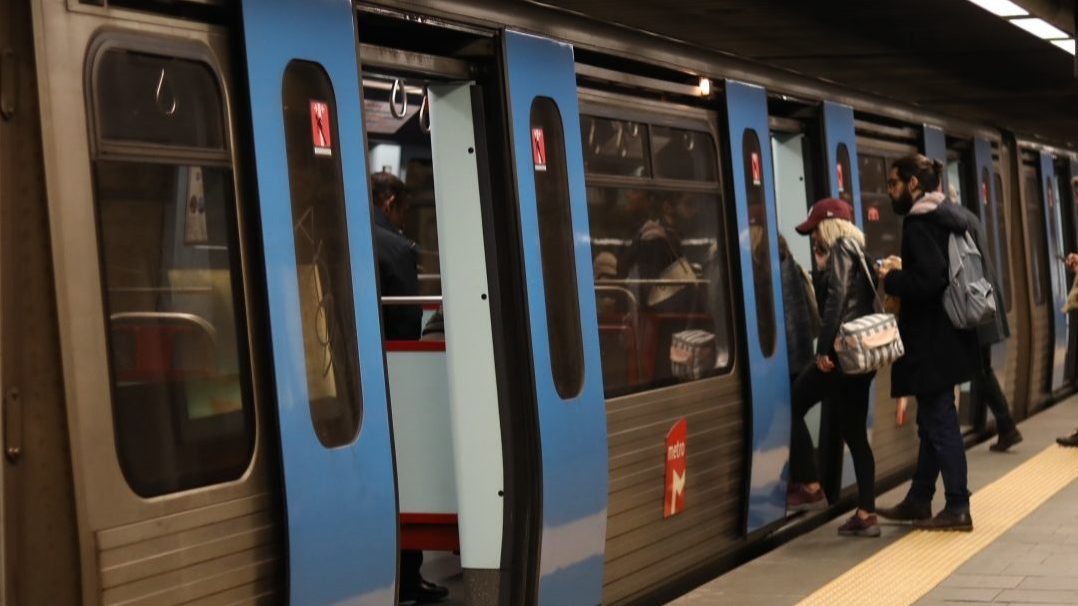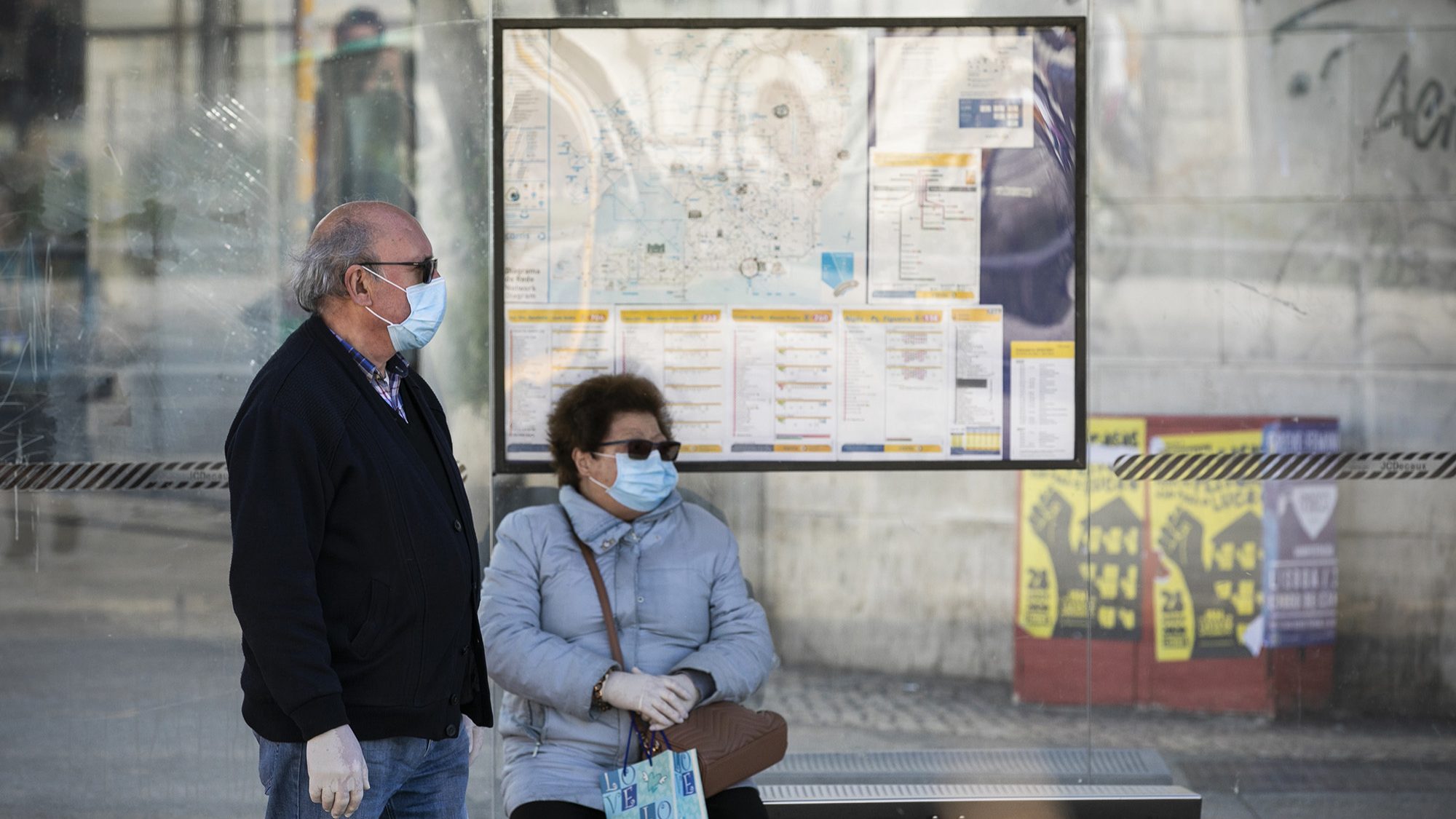These are the 15 measures Lisbon city council has taken to overcome the pandemic
The Lisbon city council has announced 15 measures to address the impact of the coronavirus on families and businesses. Exemption from rents and a reinforcement of the emergency fund are some of them.
The Mayor of Lisbon, Fernando Medina, announced this Wednesday a plan to tackle the crisis caused by the new coronavirus. There are 15 economic measures aimed at “creating better conditions for the relaunch of economic activity” in the capital. Rents exemptions in the municipality’s dwellings and a reinforcement of the emergency fund by 25 million euros, are some of them.
After a “long meeting, with an intense debate and multiple contributions” of the Lisbon city council and the municipal councillors, which took place this Tuesday and lasted about five hours, Fernando Medina announced this Wednesday, in videoconference, everything that has been achieved in the pandemic’s context. There are 15 measures in total:
- Suspension of rent payments on all municipality’s dwellings;
- Reinforcement of the Social Emergency Fund for families and social institutions by 25 million euros;
- Full exemption of rent payments for all commercial establishments in closed municipal areas;
- Full exemption of rent payments for all social, cultural, sporting or recreational institutions located in municipal areas;
- Suspension of the collection of all taxes relating to the occupation of public space and advertising to all commercial establishments;
- Regular purchase of fresh products from producers who were selling at the fairs now closed and delivery of these products to associations with social work in Lisbon;
- Suspension of the provision prohibiting the use of non-reusable plastic;
- Guaranteeing the implementation of the investment plan for 2020 and subsequent years of CML and municipal companies, estimated at 620 million euros;
- Full operation of urban licensing;
- Anticipation of payment to designers, namely architecture, engineering and technical services offices;
- Creation of a support team for micro, small and medium-sized enterprises (SMEs);
- Creation of a marketplace that joins the needs of companies, institutions and municipalities with the skills and offers of the Lisbon entrepreneurial ecosystem;
- Ensuring that cultural agents are fully paid for contracts already signed;
- Speeding up payment to cultural entities in the city already receiving support;
- Extending the support system to agents and entities in the cultural sector that are currently not covered by municipal support.


